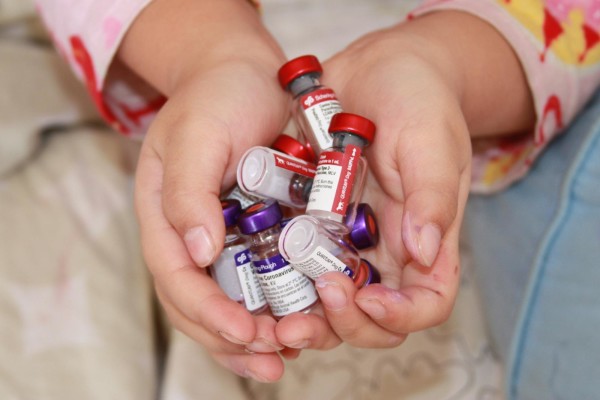Modern day medicine has created vaccines for many common illnesses. A couple of vaccine shots is all that is required to be safe from the most prevalent and dangerous sicknesses for a long time. Even with the scientifically backed efficacy of these vaccines, however, many low and middle class families refuse to get vaccinated due to costs. New research shows that vaccines not only provide medical resistance to illnesses but also save a lot of money as well.
A new study published in the Journal of Health Affairs titled “Return On Investment From Childhood Immunization In Low-And Middle-Income Countries, 2011–20” illuminates the financial viability of vaccines. The team conducting the study utilized two different methods of analysis in order to come to two different results. The first method examined the “cost of illness” and focused on aspects of sickness such as cost of treatment and productivity lost. The second method included a “full-income approach, which quantifies the value that people place on living longer and healthier lives.” The team found that based on the “cost of illness” averted, immunizations would have yielded a net return of 16 times greater than the cost of vaccinations over a decade. Based on the “full-income approach”, the team calculated that immunizations would have yielded a net return of 44 times over a period of a decade.
Image Source: erhui1979
The team evaluated the return on investment using 10 vaccine-preventable infections: Haemophilus influenzae type B, hepatitis B, human papillomavirus, Japanese encephalitis, measles, Neisseria meningitis serogroup A, rotavirus, rubella, Streptococcus pneumoniae, and yellow fever. Factors such as supply chain, service delivery, and vaccine manufacturing costs were all factored into determining the cost of vaccinations for patients.
The lead author of the study, Sachiko Ozawa, summarized the benefits of vaccines in an interview with ResearchGate: “In addition to saving lives, immunization significantly reduces illnesses and disability caused by vaccine-preventable diseases. Immunization also saves money for individuals and families by averting healthcare costs, productivity losses, and lost wages associated with illness or care-seeking. In the short term, families save time and money that can be better spent to improve their economic well-being. In the long term, people will be healthier and more productive in the workplace and in their communities.”
This analysis is useful not only for low to middle class families who think that vaccines are too expensive but also for policy makers to support, optimize, and advocate for the expansion of vaccine programs in low income areas in the United States as well as poorer countries abroad.
Feature Image Source: Vacunas by Carlos Reusser Monsalvez










